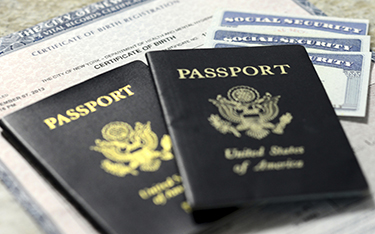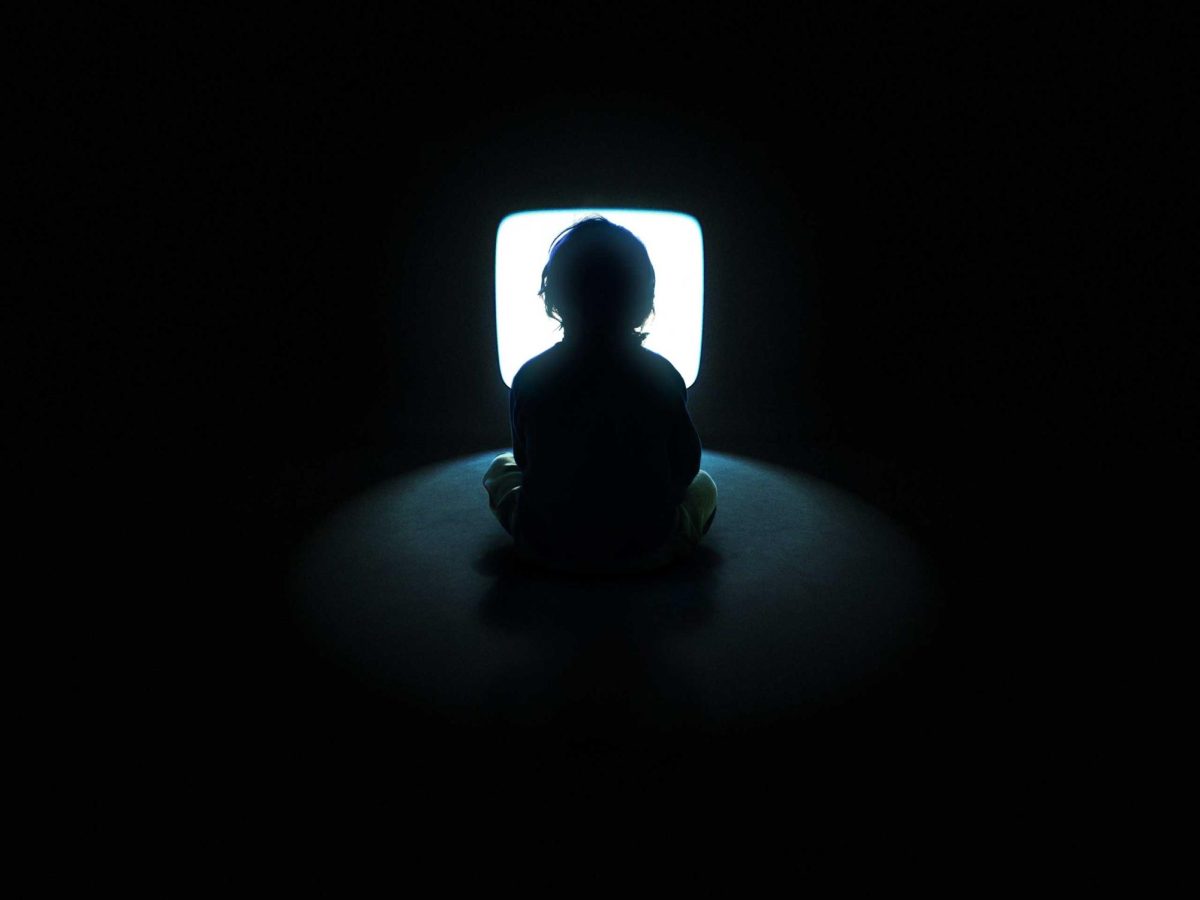Columbia University graduate student Mahmoud Khalil could be forced out of the country as a national security risk, an immigration judge in Louisiana ruled Friday after lawyers argued the legality of deporting the activist who participated in pro-Palestinian demonstrations. The government’s contention that Khalil’s presence in the U.S. posed “potentially serious foreign policy consequences” satisfied requirements for deportation, Judge Jamee E. Comans said at a hearing in Jena. Comans stated that the government had “established by clear and convincing evidence that he is removable.”
Following the immigration court hearing, Khalil’s lawyer, Marc Van Der Hout, informed a federal judge in New Jersey that Khalil plans to appeal to the Board of Immigration Appeals in the coming weeks. “So nothing is going to happen quickly,” he stated. After the immigration hearing, Khalil recalled the judge asserting that “there’s nothing more important to this court than due process rights and fundamental fairness.” He then remarked, “What we witnessed today showed that neither of these principles was upheld today or throughout this process. This is precisely why the Trump administration has brought me to this court, 1,000 miles away from my family.”
“Today, we saw our worst fears play out: Mahmoud was subject to a charade of due process, a flagrant violation of his right to a fair hearing, and a weaponization of immigration law to suppress dissent,” Van Der Hout stated. Khalil, a legal U.S. resident, was detained by federal immigration agents on March 8 in the lobby of his university-owned apartment, marking the first arrest under President Donald Trump’s promised crackdown on students who participated in campus protests against the war in Gaza. Within a day, he was flown across the country to an immigration detention center in Jena, far from his attorneys and wife, a U.S. citizen who is due to give birth soon. Khalil’s lawyers have challenged the legality of his detention, asserting that the Trump administration is attempting to block free speech protected by the First Amendment.
Secretary of State Marco Rubio has cited a rarely used statute to justify Khalil’s deportation, granting him the power to remove individuals who pose “potentially serious adverse foreign policy consequences for the United States.” At Friday’s hearing, Van Der Hout informed the judge that the government’s submissions to the court demonstrate that the attempt to deport his client “has nothing to do with foreign policy” and stated that the government is trying to deport him for protected speech. Khalil, a Palestinian born and raised in Syria after his grandparents were forcibly removed from their ancestral home in Tiberias, isn’t accused of breaking any laws during the protests at Columbia. The government, however, has claimed that noncitizens who participate in such demonstrations should be expelled from the country for expressing views that the administration considers to be antisemitic and “pro-Hamas,” referring to the Palestinian militant group that attacked Israel on Oct. 7, 2023.
Khalil, a 30-year-old graduate student in international affairs, acted as a negotiator and spokesperson for student activists at Columbia University, who occupied a campus lawn last spring to protest Israel’s military actions in Gaza. The university called the police to dismantle the encampment after some protesters took over an administration building. Khalil was not involved in that occupation and was not arrested. However, images of him without a mask at protests, along with his readiness to speak to reporters, have sparked backlash from those who perceive the protesters’ demands as antisemitic.
The White House accused Khalil of “siding with terrorists,” but has not provided evidence for this accusation. Federal judges in New York and New Jersey have instructed the government to refrain from deporting Khalil while his case is pending in several courts. The Trump administration announced plans to withhold at least $400 million in federal funding from Columbia’s research programs as punishment for what it sees as inadequate efforts to combat antisemitism on campus. Some Jewish students and faculty reported experiencing harassment during the protests or being ostracized due to their faith or support for Israel. Additionally, immigration authorities have intensified actions against other critics of Israel on college campuses, leading to the arrest of a Georgetown University scholar who commented on social media about the Israel-Gaza conflict, the cancellation of student visas for some protesters, and the deportation of a Brown University professor alleged to have attended the funeral of a Hezbollah leader, a group that has engaged in conflict with Israel.
Sources:






















